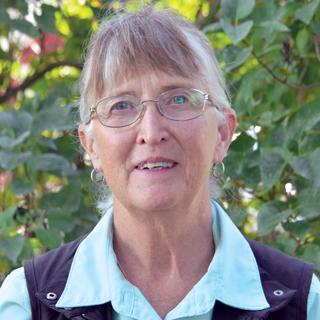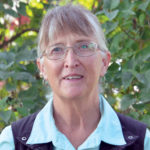

Recently the team at Pioneer Network posed a question to fellow pioneers, individuals who have been with us on this journey to change the culture of aging. The question was “has person-centered care been forsaken in the midst of the COVID-19 crisis?”
We asked this question because we had been hearing words of frustration and despair from some providers, individuals who have poured their heart and soul into creating cultures within their sphere of influence that were grounded in relationships, on creating home for elders and on finding ways to honor the voice of elders. But these individuals are tired, frustrated and, not surprisingly, at times feeling that all the work that has been done in the past has gone out the window as they face the day to day realities of keeping residents and staff safe from COVID-19.
The good news is that we are hearing that person-centered care is, in fact, alive and well, and that for organizations that have a firm foundation of a relationship-based, person-directed culture, it is one of the things that is guiding and sustaining them through this crisis.
We have heard from individuals like Chris Mulrooney with Villas at Killearn Lakes in Tallahassee, FL, who shared that, “in the current situation where no family members at all can visit their loved ones, there is no question that a relationship-based culture, and one that is elder-directed, is the only way that the personhood of the elders we serve can be preserved. Family members are de facto the guardians of the legacy for those elders who cannot speak for themselves, and without them care partners who are not person-directed will not be able to adequately step in for them when they need to be absent.”
Kelly Potter, life enrichment director at The Sarah Community in Bridgeton, MO, shared that “because relationships are strong and we know each person, we are practicing person-centered care, and have been able to relieve large amounts of boredom and loneliness. With elders missing their families and loved ones, having our staff engaged has truly saved us.”
Jennifer Brush, AMI-certified educator for Montessori for Aging and Dementia in the U.S., shared that she has heard stories of communities who have been using their memory books to help support meaningful conversations, and staff “is spending quality time directly engaging the person.”
The environments in homes that have embraced culture change are also making a difference. Smaller neighborhoods or households and the practice of consistent assignments not only support relationships and knowing the person as staff work to combat loneliness and feelings of isolation for elders, they also support best practices in infection prevention, allowing smaller groups and more limited exposure as communities shelter in place.
And then there is the remarkable story of what can be achieved in a person-centered culture shared by Tim Knight, executive director of Health and Wellness at Park Springs, a community in Stone Mountain, GA, about an extraordinary plan they have put in place providing protection and safety for their members (residents and staff). As of April 1, their assisted living, memory care and skilled nursing communities self-quarantined with their individual, dedicated teams as they started the journey of “bunking in” with their members to ensure the safety and well-being of all. The assisted living building was “locked in” with no one in and no one out, the entrances to the long-term care and memory care were physically altered with zippered plastic doors with signage to prevent entry or exit to protect those living in the “cocoon” of safety and wellbeing. What a remarkable example of the heroes who work in long-term care.
In these challenging times with the task of balancing quality of care and quality of life never being more evident, do we believe that we will be able to convince a traditionally run nursing home that creating home is the way to go? Probably not. But what we do believe is that when this is behind us, person-directed practices, knowing the person, relationship-based care, and meaningful engagement will have made a difference and that those communities that have created home for elders in nursing homes and assisted living communities will have many lessons to share. These lessons may be just what we need to convince those who up until now, have not “gotten it.” Culture change and person-directed care are alive and well, and our challenge for the future is to take what we are learning today, and help to grow it.
Joan Devine is the director of education at the Pioneer Network, which invites you to check out the ABCs of Combating Isolation, a collection of free resources shared by providers and organizations to support those working with Elders in these challenging times.





